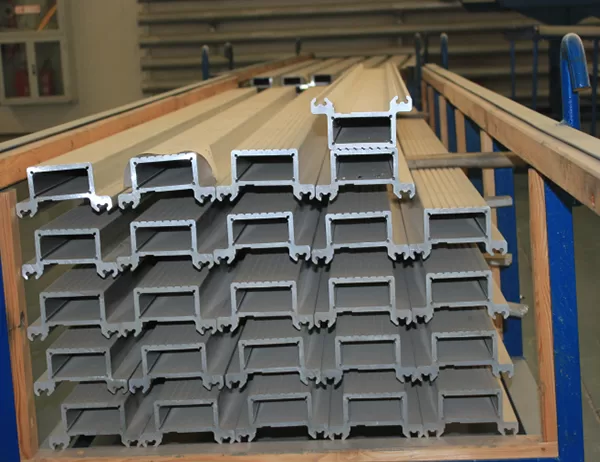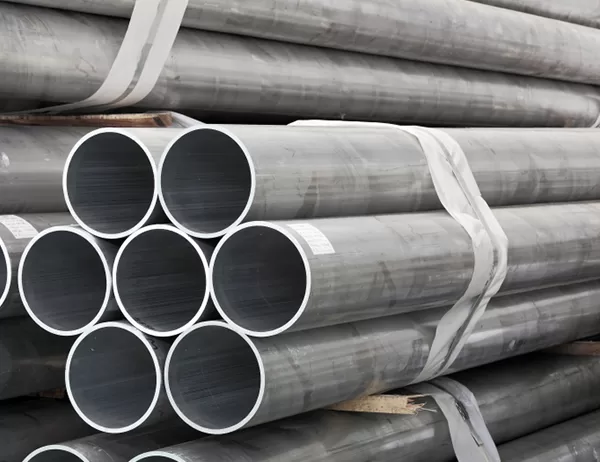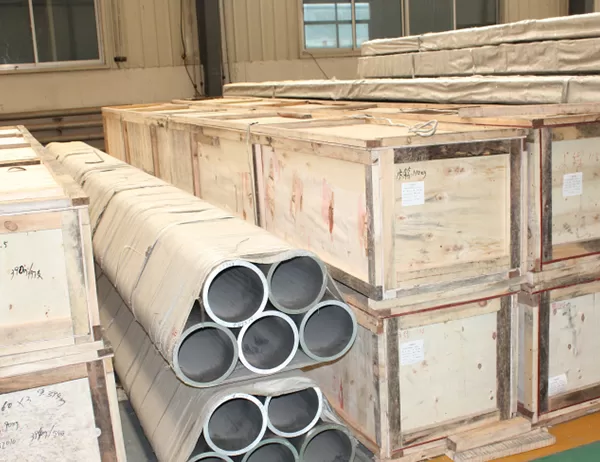Medical and Healthcare Uses of Aluminium Alloy Tubing: A Groundbreaking Material for Advanced Medical Applications
In the realm of medical advancements, aluminium alloy tubing has emerged as a trailblazing material revolutionizing various medical and healthcare applications. Its unique properties, including exceptional strength, lightweight design, and unparalleled corrosion resistance, make it an ideal choice for an array of medical devices and equipment.
Aluminium alloy tubing forms the backbone of surgical instruments, endoscopes, and catheters, enabling precise manipulation during delicate procedures. Its lightweight design reduces operator fatigue and enhances dexterity, ensuring the utmost precision in surgical interventions. The exceptional strength of aluminium alloy tubing safeguards against deformation under stress, ensuring the integrity of instruments during critical operations.
Furthermore, its non-magnetic nature eliminates interference with diagnostic imaging, such as MRI and CT scans. This allows medical professionals to obtain clear and accurate images for accurate diagnoses and treatment planning. The material’s biocompatibility reduces the risk of allergic reactions and ensures patient safety.
In the field of prosthetics, aluminium alloy tubing finds application in the fabrication of lightweight artificial limbs and medical implants. Its durability and corrosion resistance ensure longevity and reliability, improving patient mobility and quality of life. The tubing’s machinability allows for intricate designs, enabling customization of prosthetics to meet the unique needs of each patient.
In medical equipment, aluminium alloy tubing plays a crucial role in cryogenic storage systems, magnetic resonance imaging coils, and dialysis machines. Its high thermal conductivity enhances cooling efficiency, while its magnetic resonance compatibility minimizes distortions in MRI images. The corrosion resistance ensures longevity and reliability in demanding medical environments.
The versatility of aluminium alloy tubing extends to drug delivery systems, where it serves as a safe and effective material for the packaging and distribution of pharmaceutical products. Its barrier properties prevent contamination and ensure product stability. Additionally, the lightweight design facilitates transportation and reduces shipping costs.
In summary, aluminium alloy tubing has revolutionized medical and healthcare applications thanks to its unique combination of strength, lightweight design, corrosion resistance, machinability, and biocompatibility. It enables the development of advanced surgical instruments, diagnostic equipment, prosthetics, and drug delivery systems, enhancing patient care and advancing medical technology.




